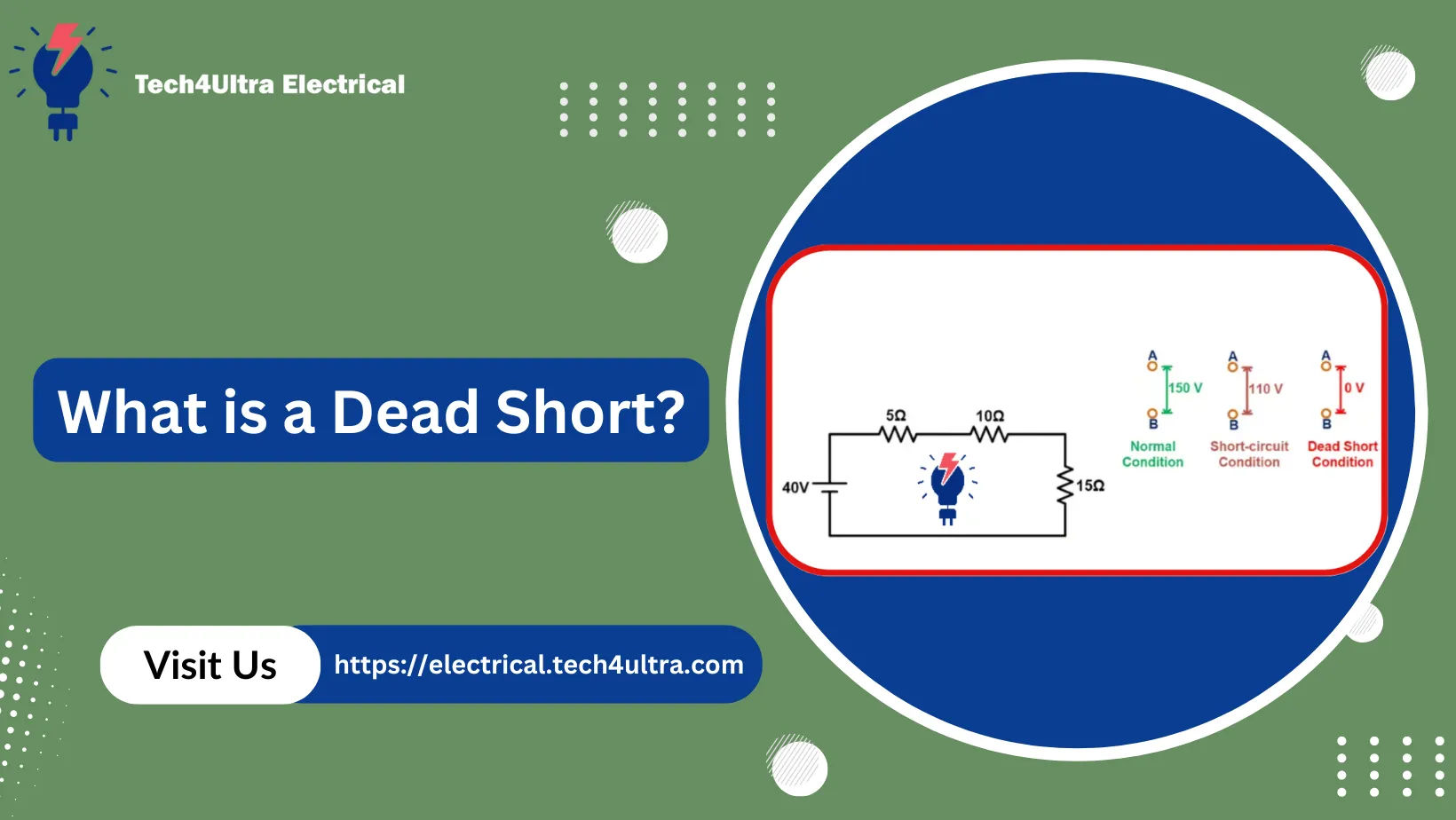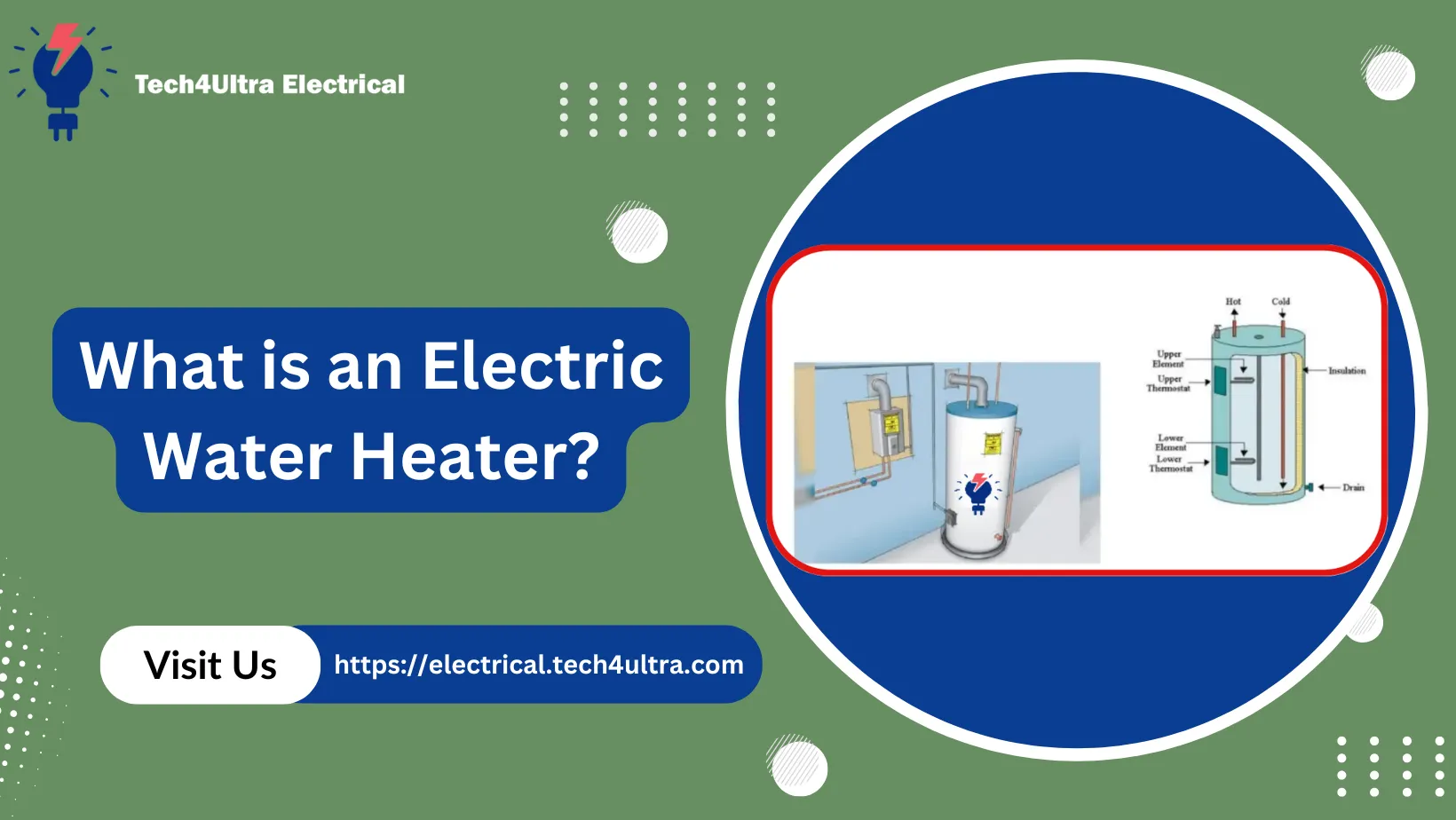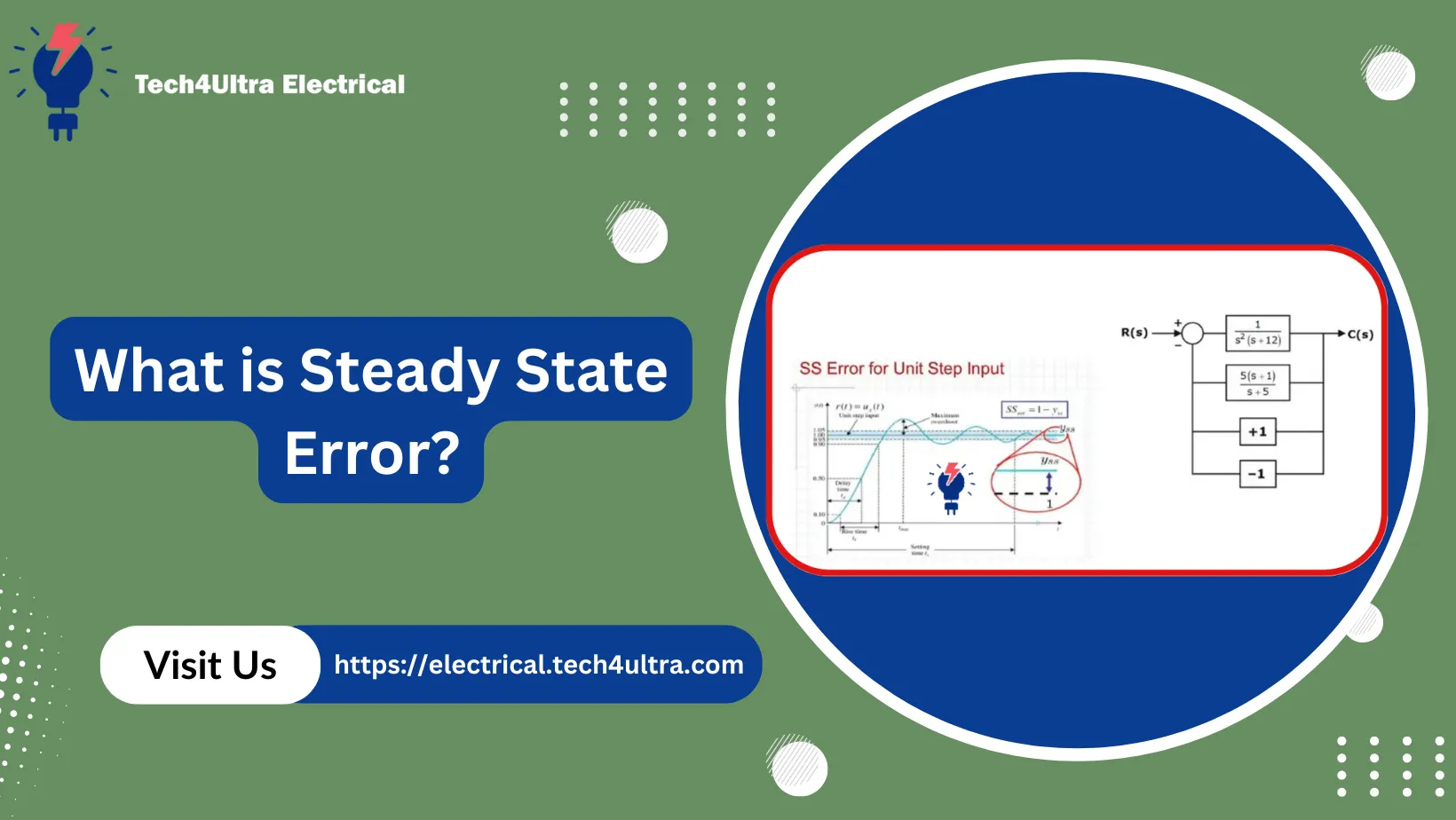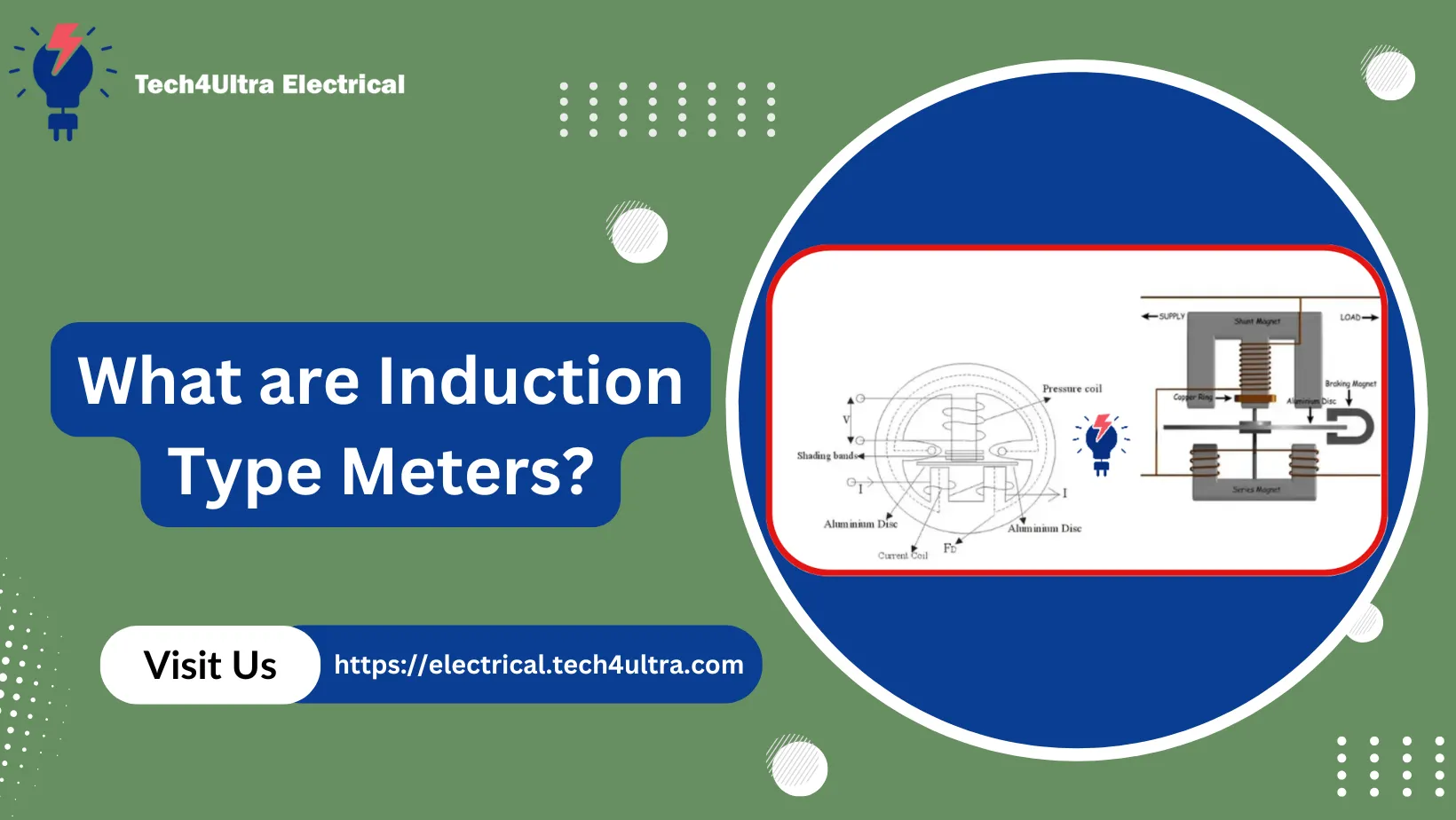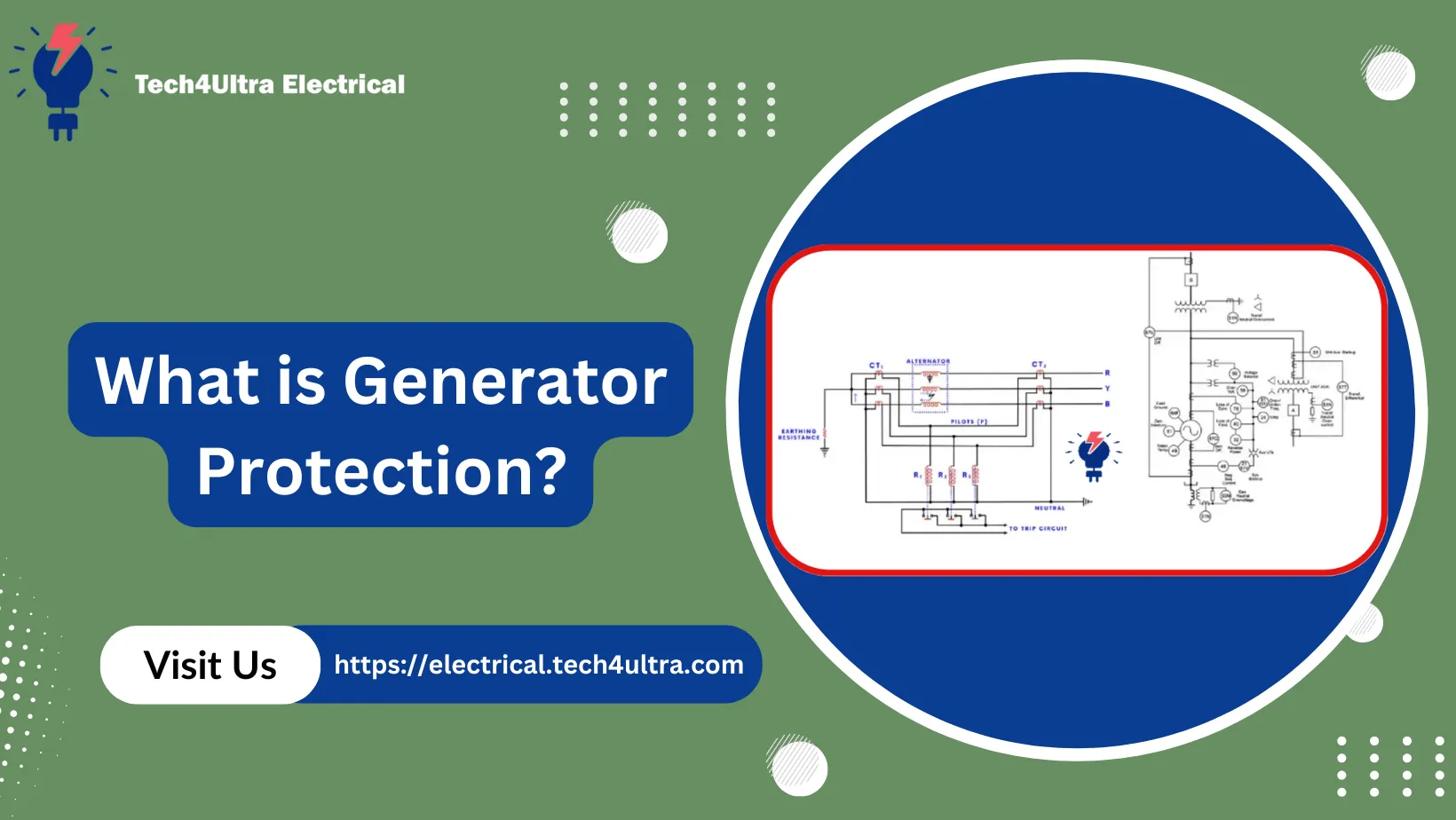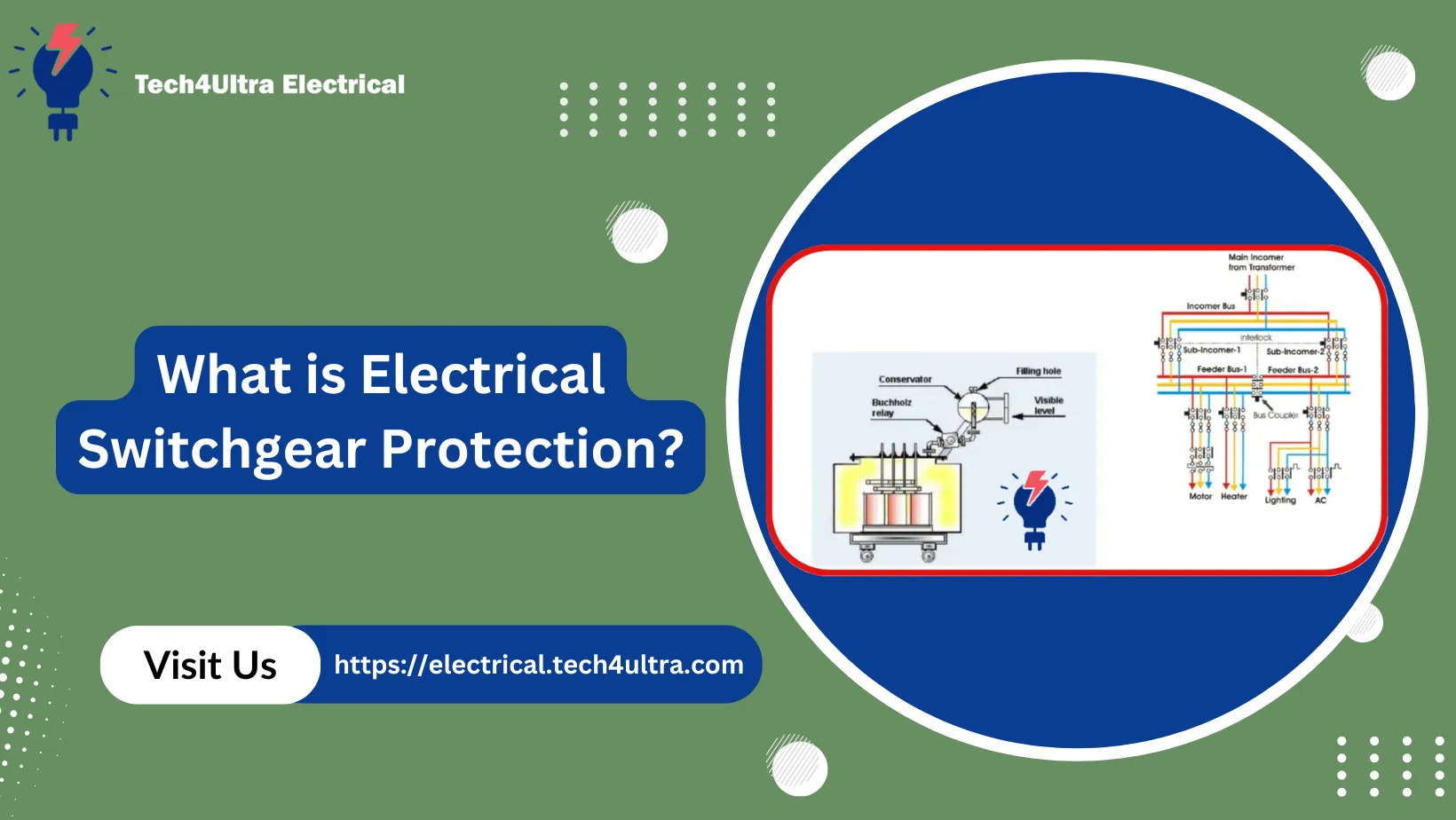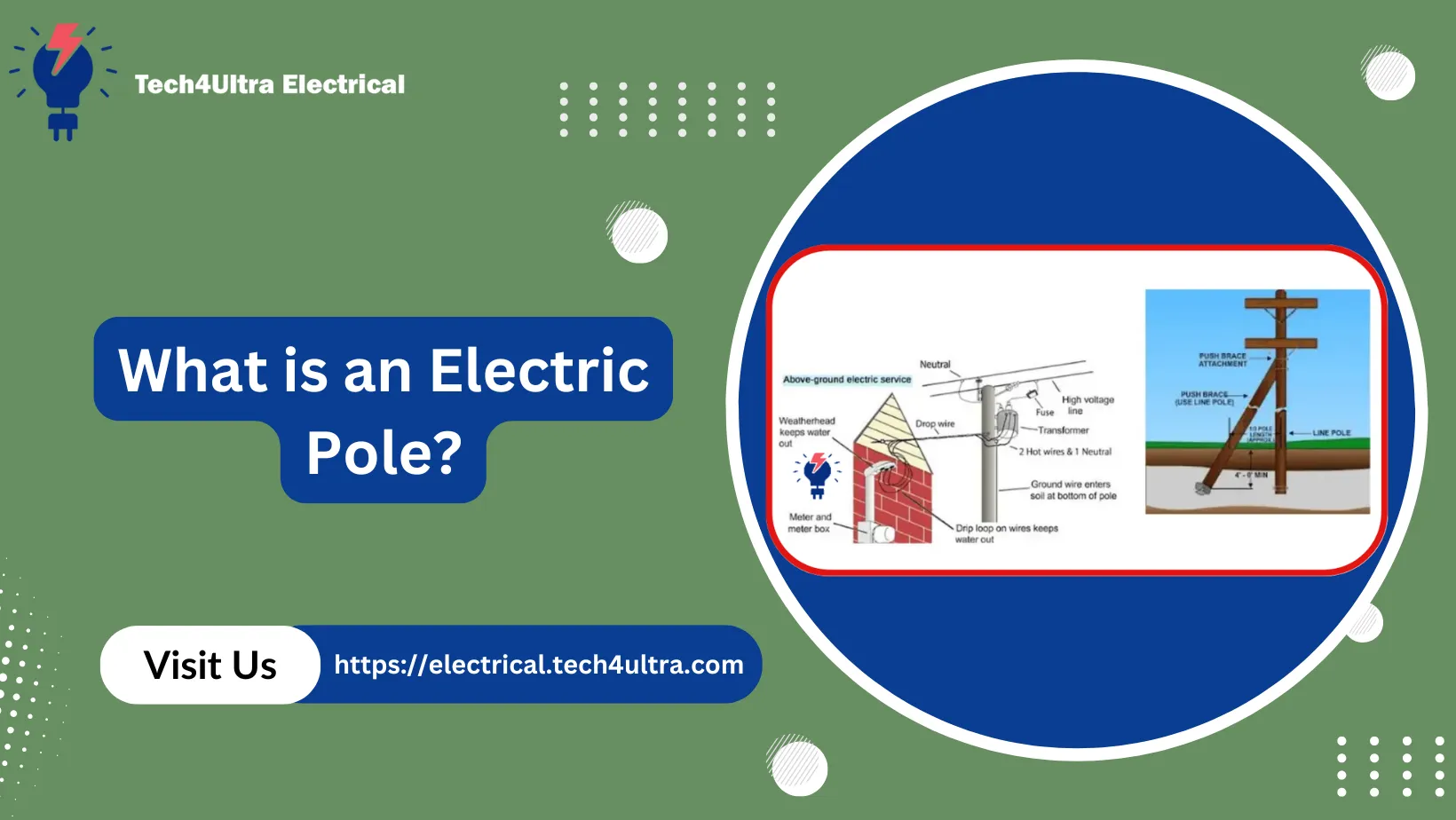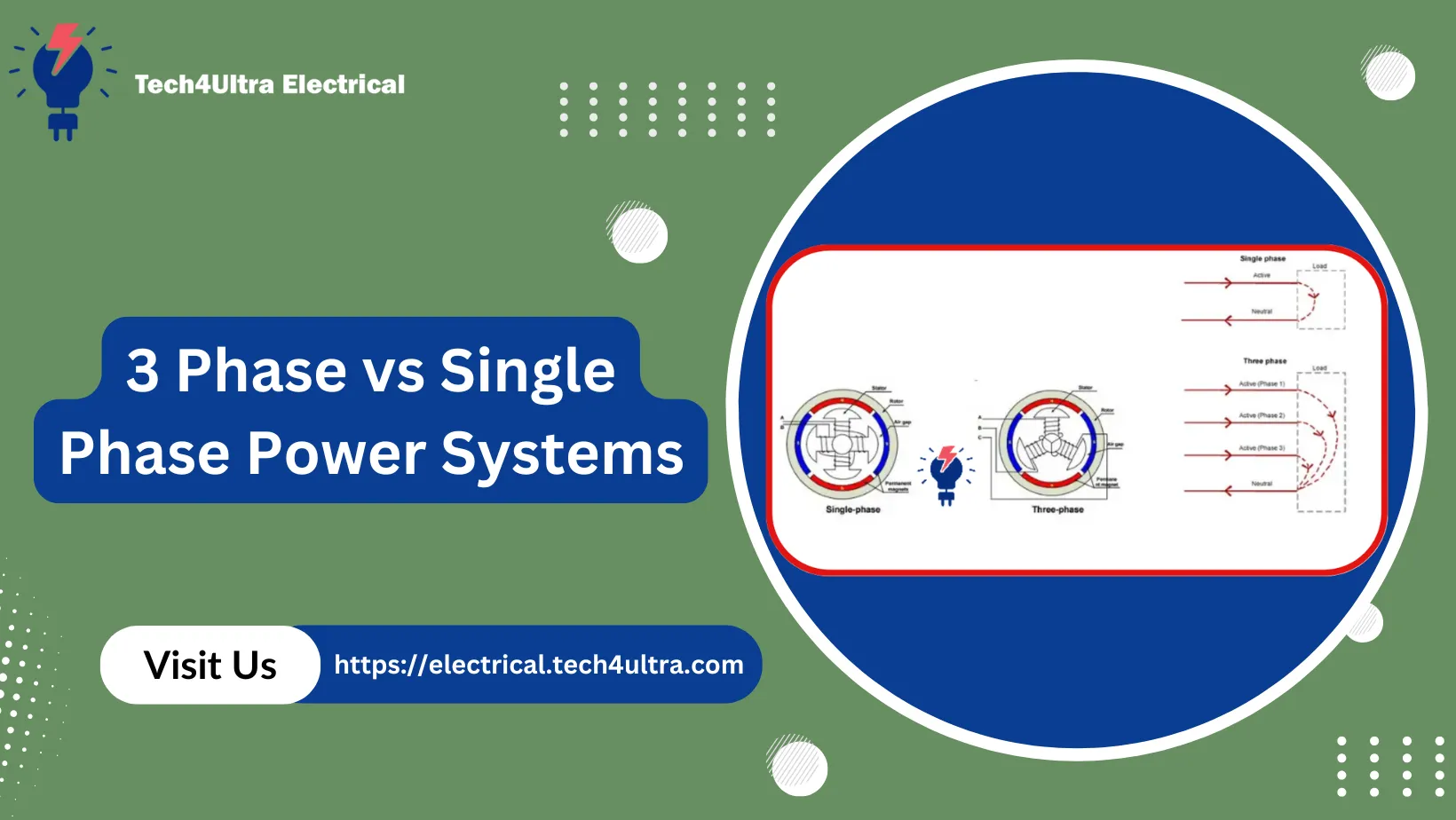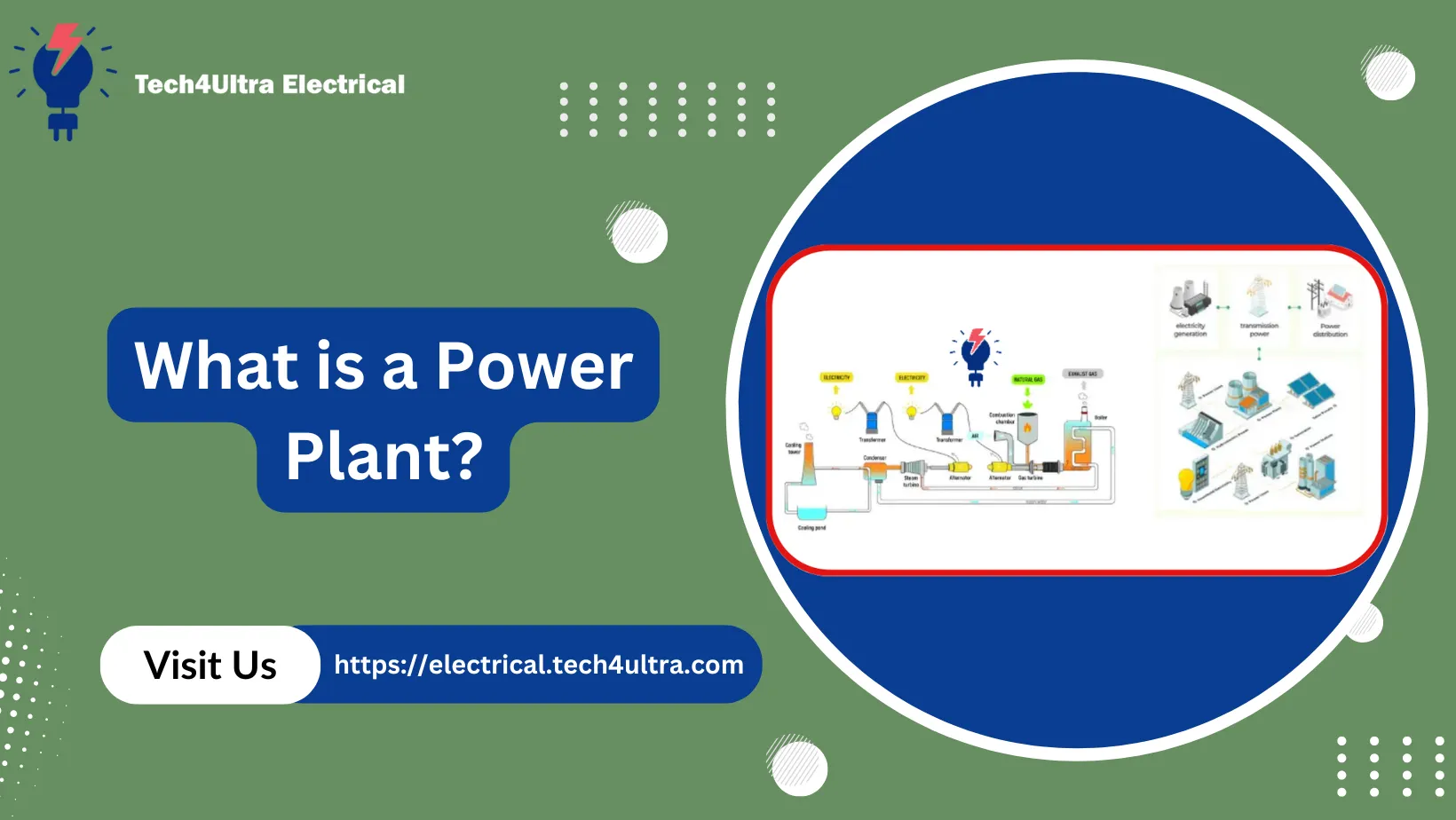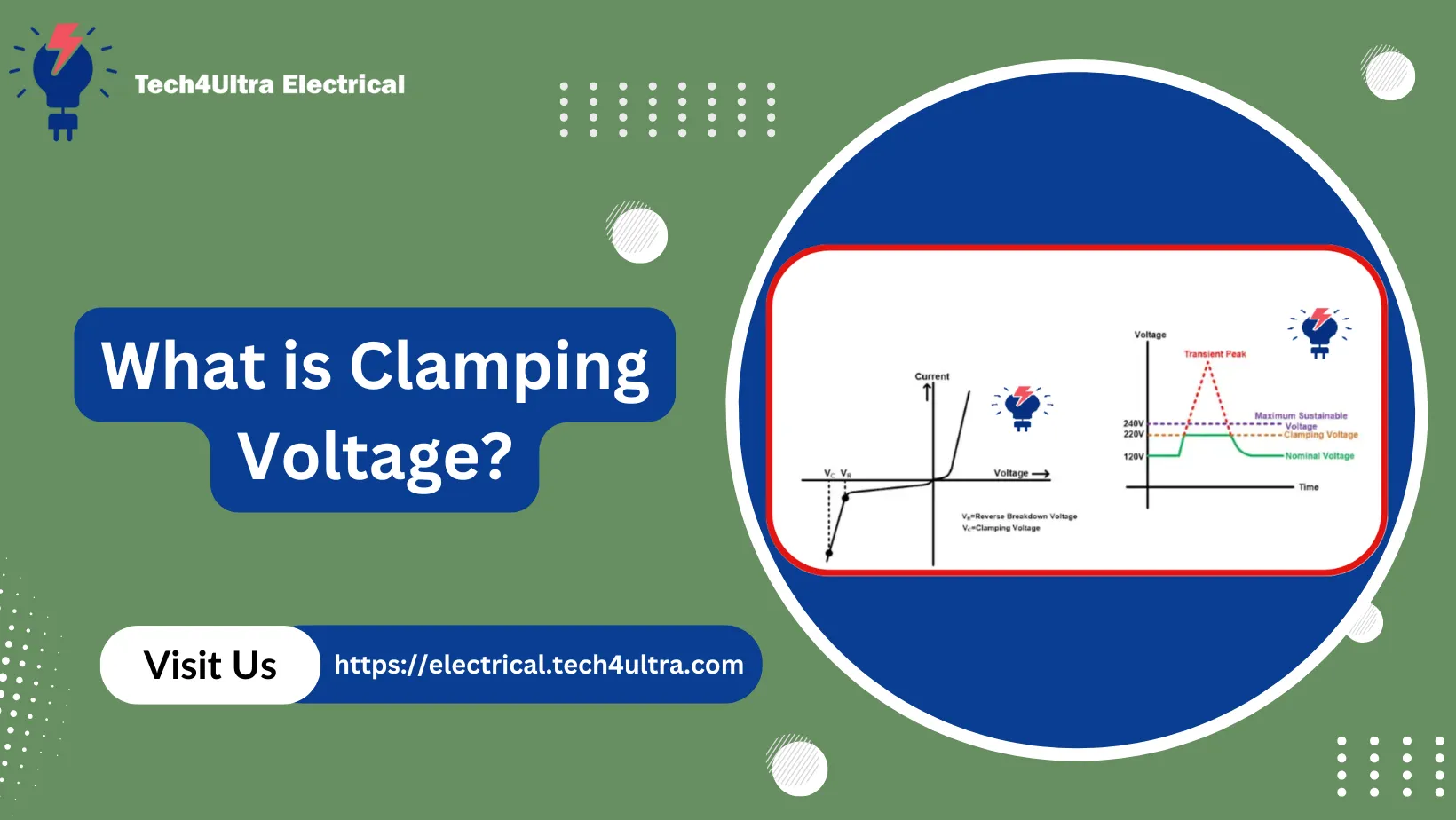Dead Short in Electrical Circuits: Causes, Detection, and Prevention
Ever had your power suddenly go out for no obvious reason? Or noticed a strange burning smell from your breaker panel? These aren’t just random issues—they could be signs of a dead short or a dangerous short circuit threatening your home or facility. Worse, many people don’t understand the difference between a ground fault and

